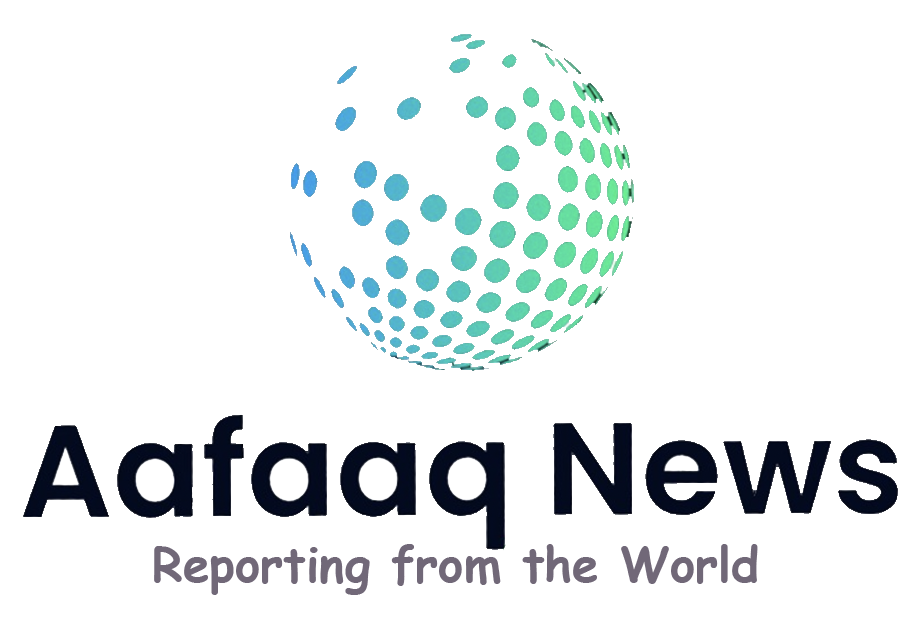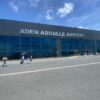In a giant development for both Somalia and the East African Community (EAC), Somalia has officially gained full membership in the EAC. The announcement came during a brief ceremony held at the EAC headquarters in Arusha, Tanzania, on March 4th. Somalia’s Minister of Commerce and Industry, Jibril Abdirashid Haji, presented the instrument of ratification to the bloc’s Secretary-General, marking the completion of the admission process.

This milestone opens the door for Somalia to engage in various areas of cooperation within the EAC, including trade, investment, industrial development, and the free movement of people, labor, and services. Peter Mathuki, the head of the EAC Secretariat, emphasized the significance of Somalia’s membership, stating that it will allow Somalia to contribute to the development of a roadmap for its integration into the EAC.
The roadmap will outline how Somalia intends to implement the EAC’s four pillars: the Customs Union, Common Market, Monetary Union, and Political Federation. This strategic framework will guide Somalia’s participation in the EAC and align its policies with those of the member states.
Somalia’s journey to EAC membership began in 2012 when it first applied to join the regional bloc. After years of negotiations and deliberations, Somalia has now become the eighth member of the EAC, joining the ranks of the Democratic Republic of Congo, South Sudan, Burundi, Rwanda, Tanzania, Uganda, and Kenya.
As part of its membership obligations, Somalia is required to designate a ministry and appoint a minister to coordinate EAC matters. Additionally, Somalia must elect nine members of Parliament to the East African Legislative Assembly (Eala) and appoint a judge to sit in the First Instance Division of the East African Court of Justice (EACJ).
The inclusion of Somalia in the EAC is not only a significant achievement for the country but also a positive step towards regional integration in East Africa. By joining the EAC, Somalia gains access to a larger market, fostering economic growth and development opportunities. Moreover, it enhances political cooperation and stability in the region, promoting peace and security for all member states.
Furthermore, Somalia’s membership in the EAC underscores the importance of collaboration and mutual support among African nations. In an increasingly interconnected world, regional partnerships are crucial for addressing common challenges and advancing shared goals. By working together within the framework of the EAC, Somalia and its fellow member states can harness their collective strengths to tackle issues such as poverty, inequality, and climate change.
However, Somalia’s integration into the EAC also poses challenges that must be addressed. These include harmonizing policies and regulations, enhancing infrastructure and connectivity, and addressing socio-economic disparities among member states. Effective collaboration and coordination will be essential to overcome these hurdles and ensure that Somalia fully realizes the benefits of EAC membership.
Somalia’s admission to the East African Community marks a significant milestone in the country’s journey towards regional integration and economic development. By joining forces with its neighbors in the EAC, Somalia has the opportunity to leverage shared resources, expertise, and markets for the benefit of its people. As Somalia embarks on this new chapter, it is imperative that all stakeholders work together to build a stronger, more prosperous East Africa for generations to come.














Amira Salgado
mwzqfs
keyshana gromadzki
IpMxeouzN
teBsFAabgz